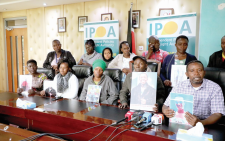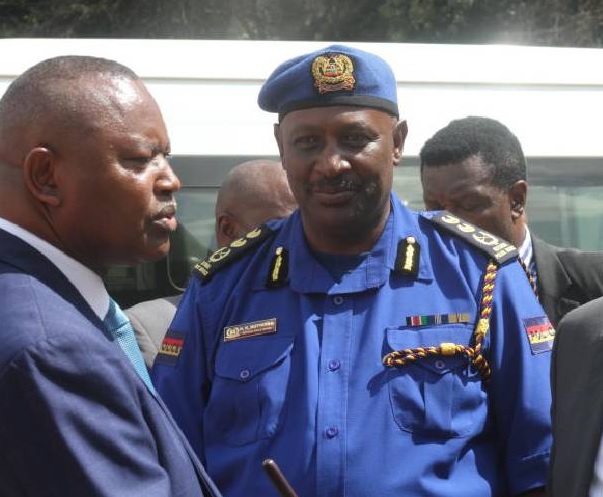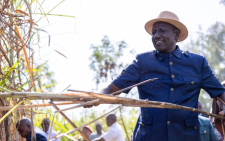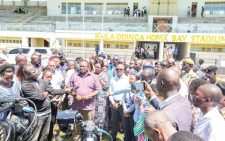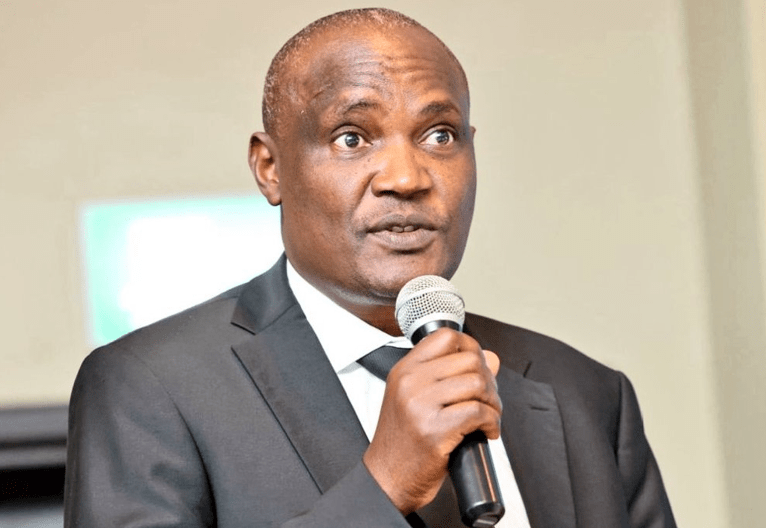Groups blame Mutyambai for extra-judicial killings
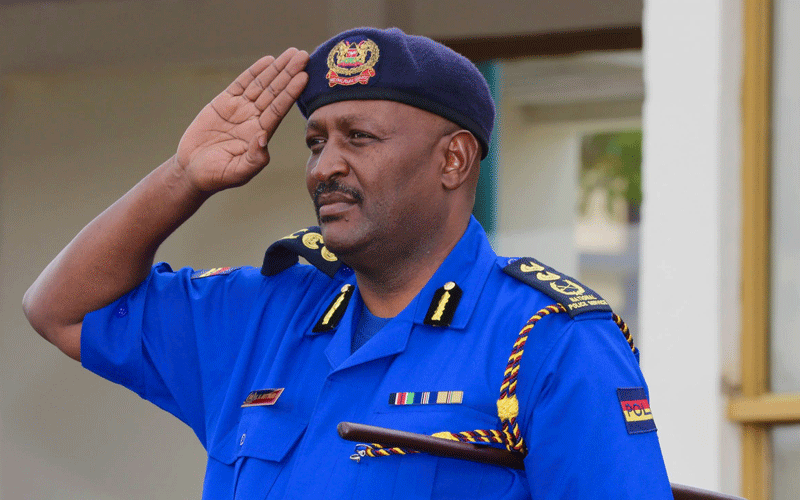
Reuben Mwambingu @reubenmwambingu
Police killed 157 people in separate incidents last year across the country, a report by Missing Voices – a coalition of civil rights organisations says.
The lobby now blames the killings squarely on Inspector General of Police Hillary Mutyambai.
Their report also accused police of being responsible for forceful disappearance of 10 other people who cannot be traced.
While describing 2020 as the deadliest year since the organisations started documenting police brutality in 2018, the lobbysts demanded answers from the IG on his position about police brutality.
“I57 is not just a number. It translates to 13 police-related killings monthly, meaning in every two days an innocent person is killed by police.
We are placing the responsibility squarely on the police and we are not mincing our words or hiding anything,” said Haki Africa Executive Director Hussein Khalid.
Equally culpable
He continued: “We need answers from the Inspector General. Why is it that your officers are engaging in extra-judicial killings? If you do nothing about this you are equally culpable.”
The report titled The Brutal Pandemic states that the month of May witnessed the highest number of people killed by police at 27.
“As we mark the first anniversary since the Kenyan Government announced Covid-19 containment measures, including a dawn-to-dusk curfew, the month of May witnessed the highest number of people killed by police—27.
In September, the officers killed three people, the lowest number in 2020,” the report.
“Most of the people killed were from lower-income areas, especially in urban areas, where it seems they live outside the law’s protection.
From our verified cases, most of the victims were killed in what police call anti-crime operations.
There is also an emerging trend where the police kill victims in groups and allege they are robbers or part of a gang,” adds the report.
The report states that in 2019 Missing Voices verified and published 144 cases of police killings and enforced disappearances in Nairobi and Mombasa.
Muslims for Human Rights chairman Khelef Khalifa said the fact that police violations are happening against the backdrop of high-level police and policy reform initiatives is an indication of either a disconnect between policing blueprints and community experiences; or the failure of discipline and command control.
It also captures cases of survivors of extra-judicial killings narrating how their loved ones met death through police brutality.
“As the world marks the International Day for the Right to the Truth concerning Gross Human Rights Violations and for the Dignity of Victims, we are calling for justice for victims of police killings and enforced disappearances and urging Kenyans to speak up because their silence Kills,” said Khalifa.
